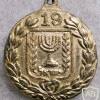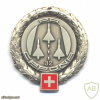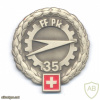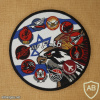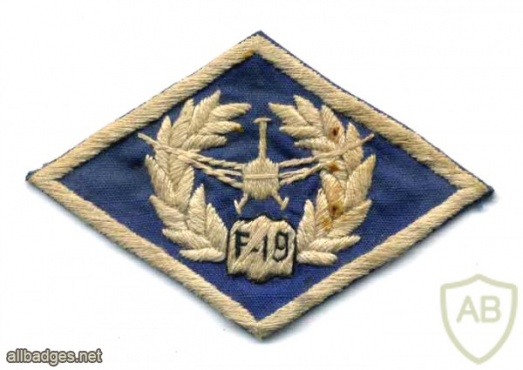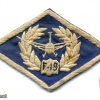Forward Air Controller F-19 Diamond patch
A primary forward air control function is ensuring the safety of friendly troops during close air support. Enemy targets in the front line ("Forward Edge of the Battle Area" in US terminology) are often close to friendly forces and therefore friendly forces are at risk of friendly fire through proximity during air attack.
The forward air controller (FAC) played a significant part in the Vietnam War from the very start. Largely relegated to airborne duty by the constraints of jungled terrain, FACs began operations as early as 1962. Using makeshift propeller-driven aircraft and inadequate radio nets, they became so essential to air operations that the overall need for FACs would not be completely satisfied until 1969. The FAC's expertise as an air strike controller also made him an intelligence source, munitions expert, communication specialist, and above all, the on-scene commander of the strike forces and the start of any subsequent combat search and rescue if necessary.
- Category Aviation units
- Wearing sleeve badge/patch
- airplane, wreath, number, alphabet letter Picture components
- Caption F-19
- Shape rhombus
- Material cloth
- Size × mm
- Maker
- Period 1962 - 1975


